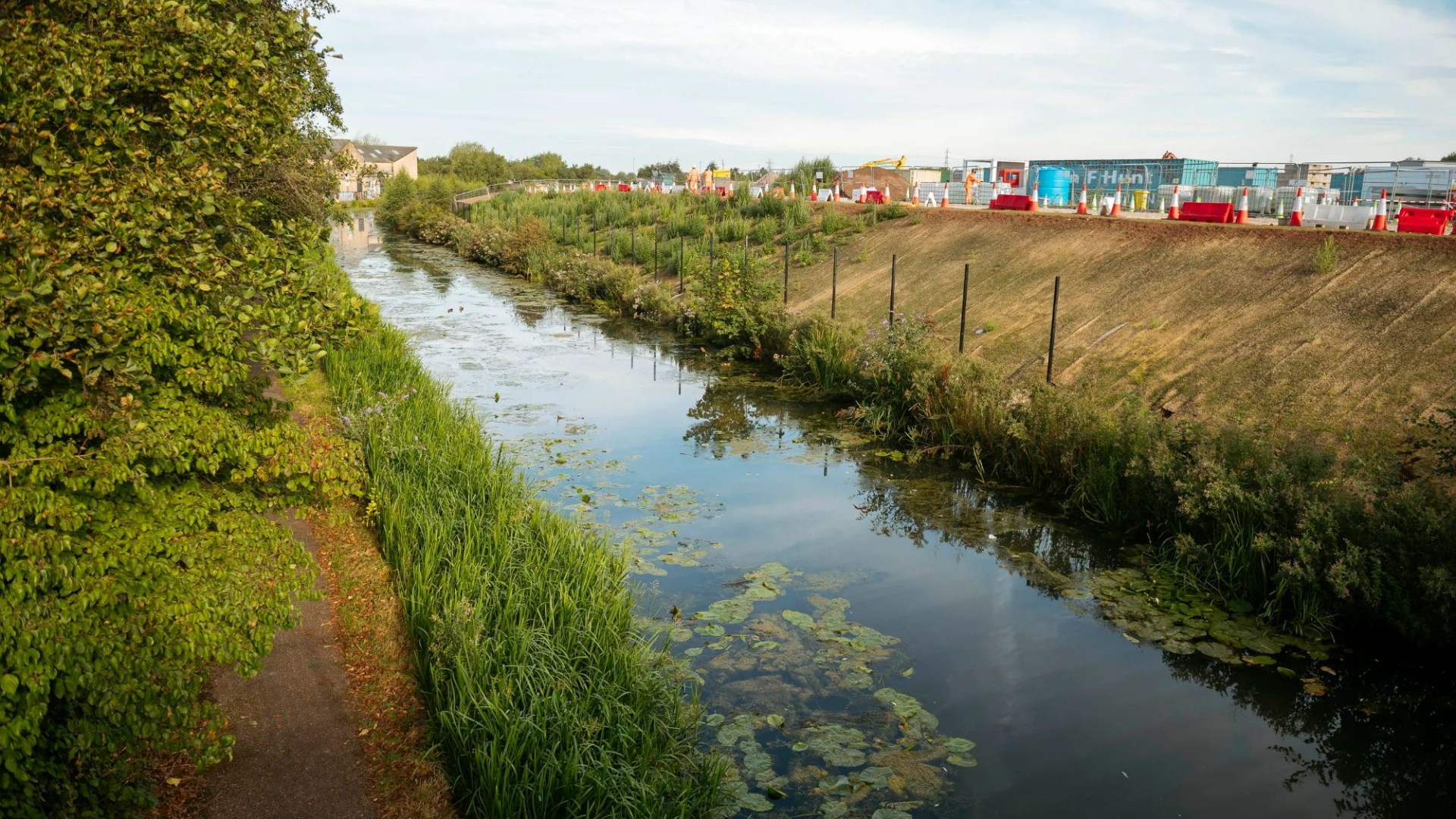A MAJOR incident has been declared following a toxic chemical spillage in a canal in the West Midlands.
Walsall Council said the Environment Agency was testing the canal water for sodium cyanide and other chemicals in the affected area.

2

2
The council warned that there is a potential serious health risk to anyone who has had direct physical contact with the water in the impacted stretch of the canal.
Public Health England’s website described sodium cyanide as “white crystal like solids with a faint almond colour” that is used in industry for metal cleaning, plating, extraction and photography.
Exposure to the chemical can cause headaches, nausea, dizziness, confusion, changes in heart rate and loss of consciousness, according to the agency.
Ingesting cyanide salts, which can dissolve in water, releases cyanide into the body, the agency’s website states.
Walsall Council are asking the public to avoid an extended area of the canal and towpaths from the Walsall lock flight to the lock flights at Rushall, Ryders Green and Perry Barr as a precautionary measure.
In a statement, the council said they were notified of a spillage in Pleck by the Environment Agency on August 12 that had gone directly into the canal.
Anyone exposed to the canal water in the impacted area and feeling unwell has been advised to seek health advice through calling 111 or, in an emergency, 999.
The council added that anyone who has taken any fish from the canal should not eat them while drinking water will not be affected by the incident.
Councillor Garry Perry, leader of Walsall Council, said: “Our priority is the safety of our residents.
“I share their concerns and hope to see this incident resolved as soon as possible.
“We are working closely with our partners to manage this situation which has been declared a major incident.
“For your own safety please avoid this area of the canal and its towpaths.”
Multiple agencies including West Midlands Police and Fire services, the Canal and Rivers Trust, Severn Trent Water, Walsall and Sandwell councils and the Environment Agency are responding to the incident, Walsall Council added.
What is sodium cyanide?
Appearance
White crystalline or granular powder.
Description
Sodium cyanide releases hydrogen cyanide gas, a highly toxic chemical asphyxiant that interferes with the body’s ability to use oxygen. Exposure to sodium cyanide can be rapidly fatal.
It has whole-body (systemic) effects, particularly affecting those organ systems most sensitive to low oxygen levels: the central nervous system (brain), the cardiovascular system (heart and blood vessels), and the pulmonary system (lungs).
Sodium cyanide is used commercially for fumigation, electroplating, extracting gold and silver from ores, and chemical manufacturing.
Hydrogen cyanide gas released by sodium cyanide has a distinctive bitter almond odour (others describe a musty “old sneakers smell”), but a large proportion of people cannot detect it; the odour does not provide adequate warning of hazardous concentrations.
Sodium cyanide is odourless when dry. Sodium cyanide is shipped as pellets or briquettes. It absorbs water from air (is hygroscopic or deliquescent).
Routes of exposure
Sodium cyanide can affect the body through ingestion, inhalation, skin contact, or eye contact.




